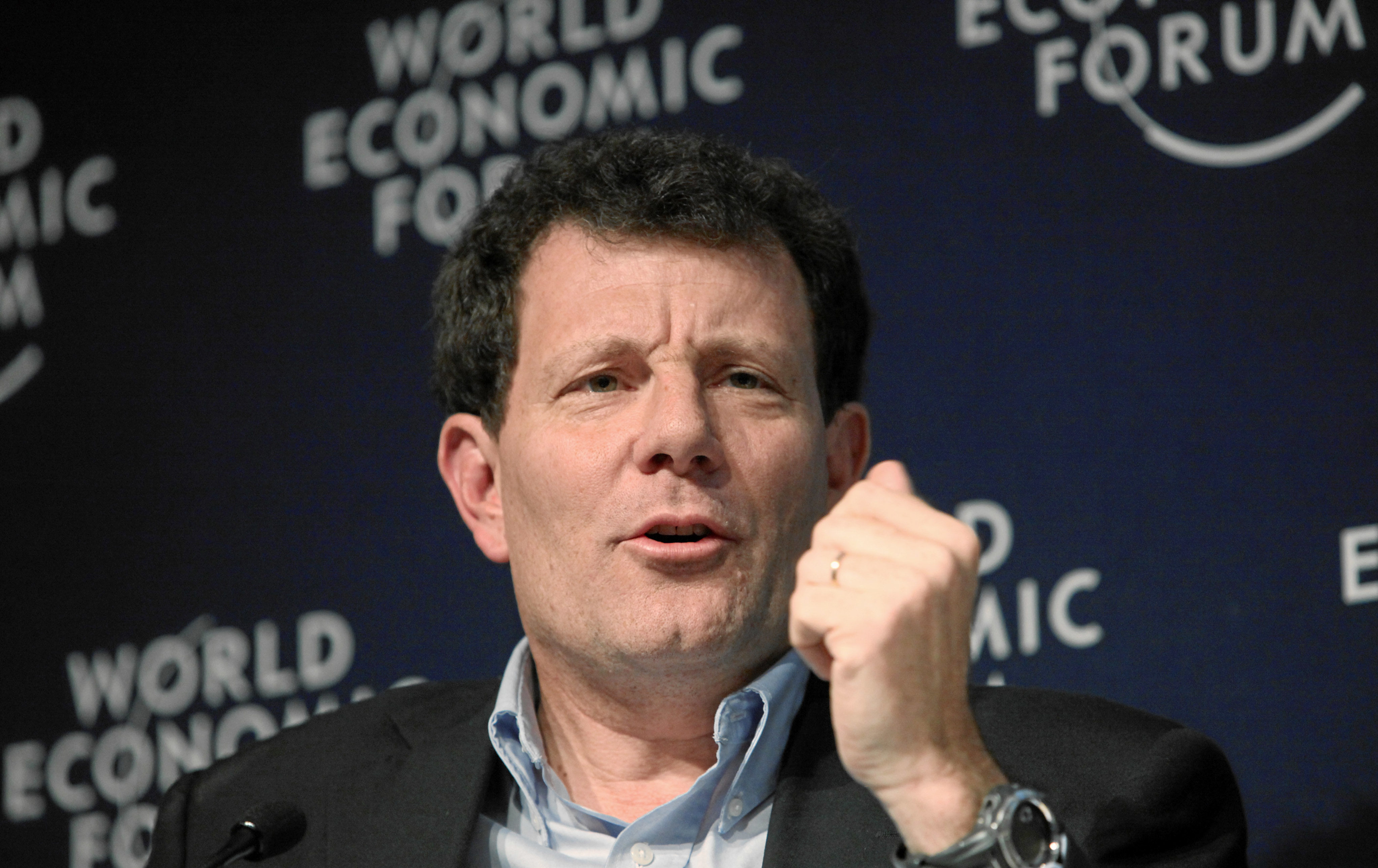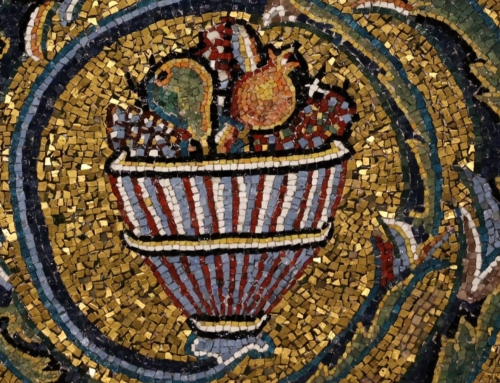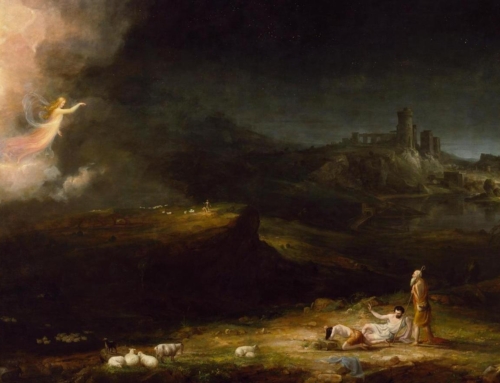A couple weeks ago, New York Times columnist Nicholas Kristof wrote a piece entitled “What Religion Would Jesus Belong To?” The title, I suppose, is meant to be ironic—the suggestion being that Jesus, a great spiritual leader, should be able to see beyond religious differences to an alleged essential core—something Kristoff calls “a loving way of life.” For Kristof, doctrine and ritual mostly get in the way of what is really important about religion, namely, running soup kitchens and homeless shelters. “What would it mean,” he asks, quoting a contemporary writer, “for Christians to rediscover their faith not as a problematic system of beliefs but as a just and generous way of life, rooted in contemplation and expressed in compassion?”
Indeed. What would it mean?
To judge by Kristof’s account, it means that religion—Christianity in particular—would have very little to do with God. The word does not appear in the entire column. The closest Kristof comes to mentioning God is the reference to “contemplation.” But what exactly are we meant to contemplate? Mother Nature? Our own wonderful goodness? No doubt Kristof avoids specifics so as not to exclude alternative theisms such as pantheism, polytheism, or Buddhism (really more of an atheism). But probably the main reason he leaves out God is that God just isn’t central to his idea of religion. As he says in conclusion, speaking of missionary physicians and human rights activists, “Now, that’s religion.” One has the sense that Kristof’s religion is supposed to be pragmatic and realistic. But what if God exists (as he certainly does), and what if God is more real than anything else (as he certainly is)? What becomes of that pragmatic realism? And what if God is infinite goodness (of which human goodness is merely a shadow), and what if God is offering us his friendship (as Jesus teaches)? Wouldn’t it be sensible at least to advert to God’s presence, to speak to him, even to worship him?
Jesus teaches that the greatest commandment is “you shall love God with your whole being” and that a second is like it: “you shall love your neighbor as yourself” (Mt 22:36-40). Kristof, however, inverts the order. Where will this cart go, if it’s put before the horse? Many people touched by Christian culture believe that human beings ought to love one another. But it gets problematic when we ask about what it means to love. If to love is to will someone else’s good, what exactly should we will? Sure, people need material aid, but what else do people need? And even if people know what is good for them, do they always choose it? And even if they would choose it, do they always know what it is? Is it possible to mean well, but in fact to be doing a lot of damage?
In the Gospel of Matthew, Jesus’s last words to his disciples are, “Go and teach all nations, baptizing them in the name of the Father, and of the Son, and of the Holy Spirit” (Mt 28:19-20). The parting gifts of Jesus, this champion of love, are the much maligned doctrine and ritual. Everyone is to be baptized, and everyone is to be taught, especially about the Trinitarian identity of God. Kristof still might protest: what do doctrine and ritual have to do with love?
It is the claim of Jesus that God loves us and wants us to share in the divine life. When someone loves someone else, he reveals himself and his love, so that the beloved may respond in kind. Hence the revelation of the Trinity. And when someone loves, he fosters a relationship, so that the beloved might share in his life. Hence the ritual of baptism and all ecclesial life, in which human beings come to share in the life of God.
In the light of Christ, Kristof’s appeal to Christians that we forget about doctrine and ritual for the sake of love simply makes no sense. Doctrine and ritual are indispensable means that Jesus has given us, precisely so that we may participate in the love of God. And they enable us to love our neighbors in a way previously unimagined, because they enable us to give the best gift that anyone could receive: God.
✠
Image: World Economic Forum, Nicholas D. Kristof (CC BY-SA 2.0)







